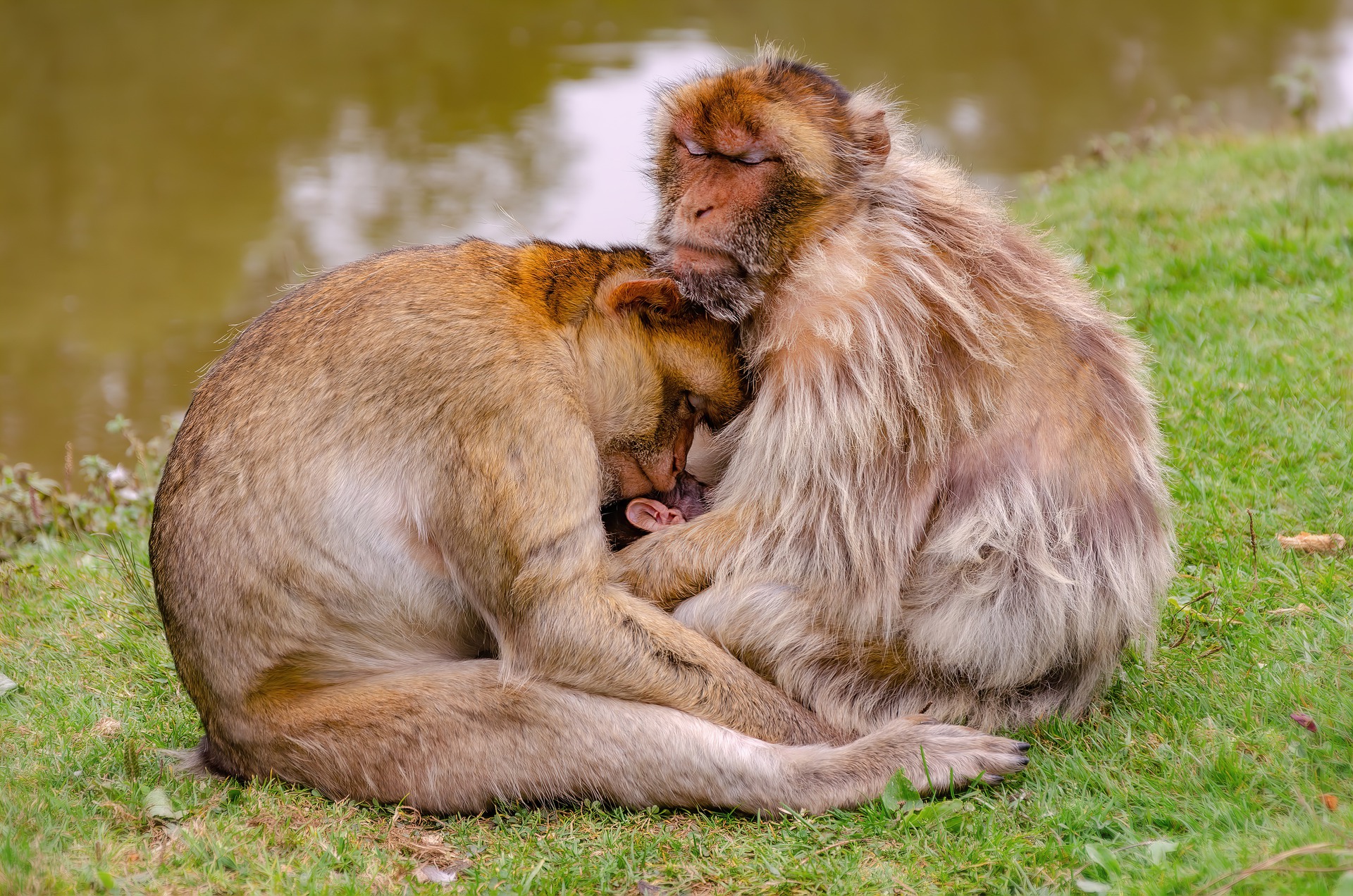News release
From:
Carry the weight - Why do some primate mothers carry their infant's corpse? This study looked at mothers’ responses to their infants’ death in 50 different primate species and found corpses are carried for longer when the mother-infant bond was particularly strong. Corpse carrying also occurs when there are fewer cues indicating death, suggesting that primates can attain an awareness of death
Why do some primate mothers carry their infant's corpse? A cross-species comparative study
Proceedings of the Royal Society B: Biological Sciences
Primate responses to the deaths of others are highly diverse. Because primates share a recent evolutionary history with humans, understanding primates’ responses to the deaths of others may provide insights into the evolution of human’s mortuary practices. In our study we perform the most extensive and rigorous quantitative study of infant corpse carrying behaviour in primate mothers—including 409 cases across 50 primate species. We show that, through external cues and experience, mothers may have an awareness of death, and that they may carry the corpse for longer durations when their infant dies when the mother-infant bond is particularly strong.



 International
International



